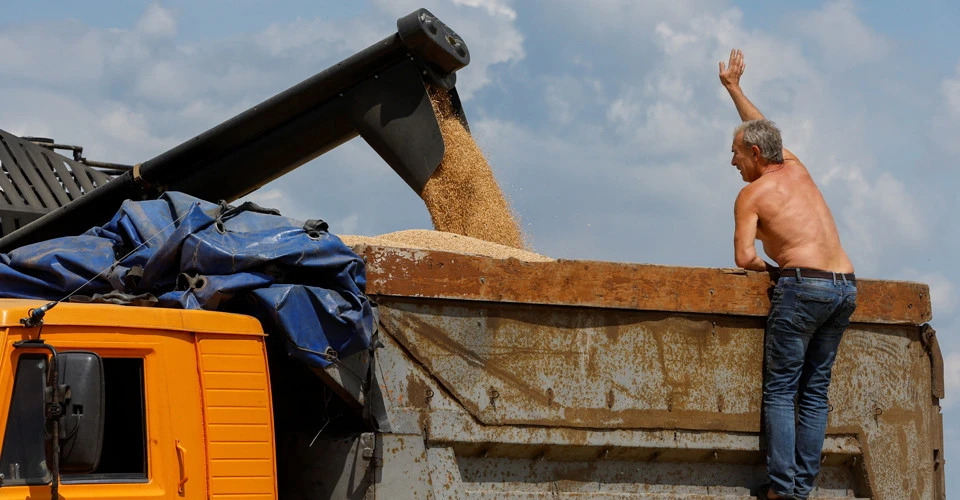
Wheat prices jump after Russian ships are attacked in the Black Sea
Wheat prices rose after Ukraine used maritime drones to disable a Russian oil tanker and a warship. At the same time, this has jeopardized the key export route for goods from Russia through the Black Sea
Bloomberg reports.
The publication notes that Russia is the largest shipper of wheat, transporting most of its grain by water. This year, it plans to have a second consecutive record harvest and sell it on the world market, including Ukrainian stolen grain from the occupied territories.
“The risk in the Black Sea is growing every day, and any threat to Russian exports is much more serious than the threat to the Ukrainian export corridor,” said Ole Hou, CEO of brokerage and consultant IKON Commodities.
Thus, wheat futures on the Chicago Mercantile Exchange rose by 3.4% to $6.545 per bushel on Monday, and in Sydney they traded at $6.4725 after Ukraine’s attack on a Russian naval vessel. At the same time, traffic in the port of Novorossiysk was stopped for several hours.
The newspaper writes that Kyiv’s decision to start a war with Russia in the Black Sea came after Vladimir Putin rejected the UN-brokered grain deal on July 17 and the start of Putin’s campaign aimed at destroying Ukraine’s port infrastructure through massive bombing. The West turned a blind eye to this. As a result, Ukraine’s grain exports dropped significantly, while Russia’s were not affected. Ukraine decided to resolve this issue on its own, as its Western partners did not respond to these acts of terrorism and even started their own blockade of Ukrainian grain.
The Black Sea route also accounts for 15% to 20% of the oil that Russia sells daily on world markets, and it is also the main transit corridor for Kazakh oil.
Wheat futures are still down nearly 20% this year on the back of prospects for bumper harvests from key exporters and still large global stockpiles.
Ukraine wants the EU to allow imports of Ukrainian agricultural products and to finally respond decisively to Russia’s actions in the Black Sea by deploying NATO ships to the Black Sea to protect the “grain corridor” and prevent provocations by Russia.

